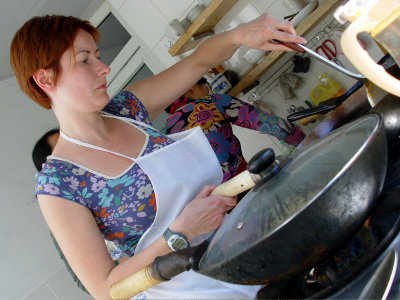Foods that microbiologists have decided to 'never eat', such as 'reheated rice' and 'cut vegetables', and the reasons why

by
Primrose Freestone, a clinical microbiologist at the University of Leicester in the UK, introduced the foods and dishes she avoids eating as much as possible and the reasons for them, from her perspective as a food poisoning expert.
I'm a microbiologist and here's what (and where) I never eat
https://theconversation.com/im-a-microbiologist-and-heres-what-and-where-i-never-eat-213404
◆Outdoor dining
Whether it's a picnic or a barbecue, taking food outside increases the risk of food poisoning, so Freestone rarely eats outdoors.
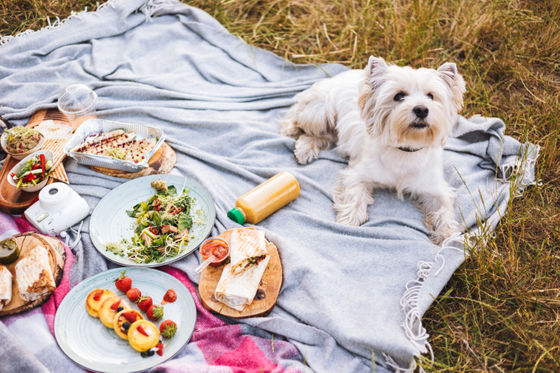
There are three main reasons for this. The first is that it is difficult to wash by hand. It's important to keep your hands clean when handling food, but washing your hands with soap and water is often not possible at parks or beaches. Using alcohol gel is better than nothing, but
The second reason is that if you spread your food outside, flies, ants, and wasps may get a chance to eat it. These insects carry the risk of carrying E. coli, salmonella, listeria, and other bacteria that can cause food poisoning and attaching them to your food.
Third, it is difficult to maintain and control the temperature. It is especially important to keep perishable foods cool, as the number of germs will double in a few hours if the temperature of fresh foods exceeds 30 degrees Celsius. Barbecuing, on the other hand, requires the meat to be well-cooked, so Freestone says, ``Buying a meat thermometer is a good investment to avoid food poisoning. Please try not to do that.'
Amazon | Tanita Thermometer Cooking 50~240 degrees Blue TT-583 BL Stick Thermometer | Cooking Thermometer Online Mail Order
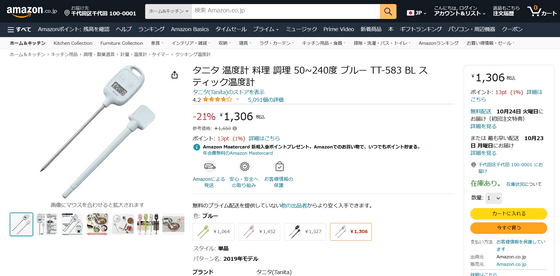
◆Buffet
Buffet-style meals, where food is laid out in front of many customers, are exposed to insects and dust even indoors, and there is a risk of contamination with pathogens from humans.
For example, bacteria and viruses can be transferred to food by touching the food with your hands when you put it on a plate, or by coughing or sneezing near the food.
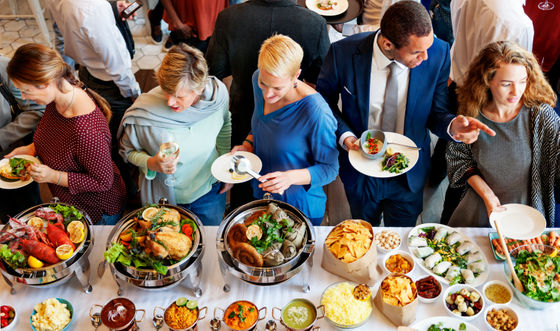
According to Freestone, fresh food that has not been sealed and refrigerated will become inedible in two hours. Therefore, the lifespan of a buffet meal is two hours after it is served, but it is difficult for customers to tell how long it has been on the table.
In addition, bacteria that can cause food poisoning multiply rapidly when stored at temperatures below 60 degrees, so be especially careful with hot buffets that are often served as breakfast at hotels. If there's a chance it won't be kept warm enough to stay above 60 degrees, Freestone says he opts for freshly baked toast and individually wrapped jam.
◆Raw oysters
One food that Freestone says he never eats is raw shellfish. Oysters and other shellfish are
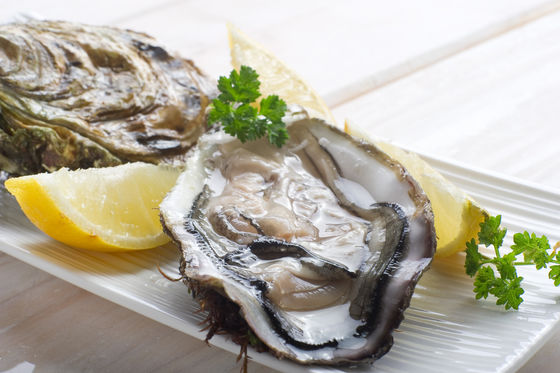
Even if oysters are contaminated with Vibrio bacteria, they will not change their appearance, smell, or taste, but V. parahaemolyticus food poisoning can cause serious symptoms, and 100 people die from V. parahaemolyticus each year in the United States alone. It is assumed that
In addition to oysters, clams, mussels, whelks, and cockles can also cause food poisoning if eaten raw, so Freestone only eats cooked shellfish.
◆Bagged salad
Freestone, whose main research area is the safety of fresh salads, also avoids bagged salads. This is because lettuce, one of the main ingredients in salads, is known to be contaminated with food-poisoning bacteria such as E. coli, salmonella, and listeria.
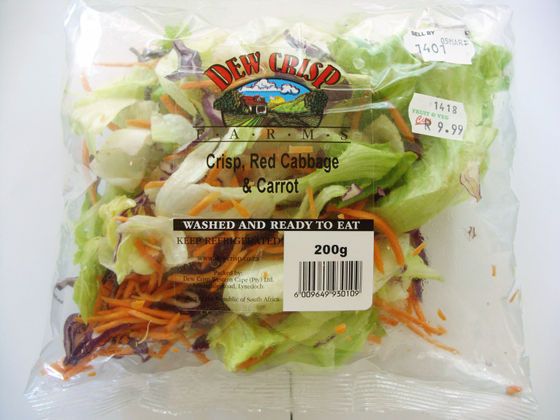
by
In addition, a study published by Freestone in 2016 found that even if the salad was refrigerated, feeding it with vegetable juices could cause pathogens to multiply 1,000 times, making them more virulent and more likely to cause infections. doing.
However, cut vegetables in bags sold at supermarkets and convenience stores are a convenient way to consume raw vegetables. 'For salad lovers who are concerned after hearing this information, most bagged salads are safe if kept refrigerated, washed before use, and eaten as soon as possible after purchase,' Freestone said. Even salads that are labeled as ready-to-eat should be washed before use. Also, if there is any vegetable juice left in the bag, throw it away.''
◆Reheating cooked rice
Mr. Freestone determines what to do and what not to do when cooking.For example, he carefully checks the expiry date of fresh food, and even before the expiry date, he should check if the packaging has swelled or the color or smell is strange. He says he tries to throw it away when it happens. Additionally, I use separate cutting boards for raw food and food for heating, and always wash my hands before and after touching the food.
Another thing you should not do is reheating cold rice. The reason for this is that cooked rice may contain Bacillus cereus, a food-poisoning bacteria .
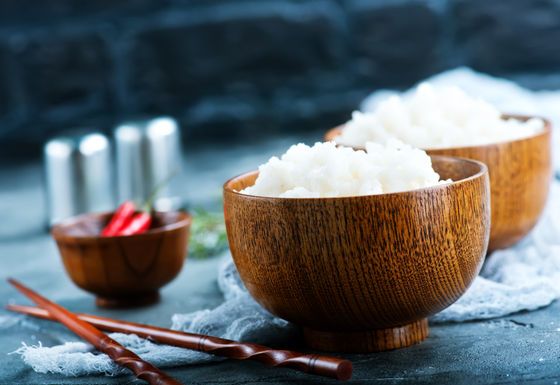
Bacillus bacteria, including Bacillus cereus, are killed by cooking, but the spores survive. Moreover, rice at room temperature is not ideal as a medium for culturing Bacillus, so if you leave the cooked rice at room temperature, the spores will grow into bacteria and multiply.
Bacillus bacteria that grow in rice produce toxins that cause symptoms such as vomiting and diarrhea within a few hours of eating the rice, and the symptoms can last up to 24 hours.
Freestone concluded by saying, ``The benefit of being a microbiologist is knowing how to avoid food poisoning and reassuring others that my food is very safe.''
A forum related to this article has been set up on the GIGAZINE official Discord server. Anyone can write freely, so please feel free to comment!
• Discord | 'How do you store cooked rice?' | GIGAZINE
https://discord.com/channels/1037961069903216680/1165949317404704780
Related Posts:







